We’re excited to introduce you to the always interesting and insightful Keith McQueen. We hope you’ll enjoy our conversation with Keith below.
Keith, thanks for joining us, excited to have you contributing your stories and insights. Learning the craft is often a unique journey from every creative – we’d love to hear about your journey and if knowing what you know now, you would have done anything differently to speed up the learning process.
I completely credit my background in Technical Theater. You have to work with a group of people to complete every project and collaborate with people that have a variety (or a limited set) of skills. Learning how to communicate your ideas to those involved to convey the plot/story to an audience is difficult and takes practice (but is critical to good art). Like everything else – you just have to put in the time to master this. Learning never ends. Something that took me a long time to realize is that a creative life is very dependent on timing. Not the sort of a timing that only happens once in your life and is a Y in the road to success or failure. It’s the sort of timing that happens multiple times a week or a day. When/how you talk to the random person or carefully observe your surroundings and see something you almost missed. The way you stumble across something in an Antique store or even in the trash that turns into an art project or a conversation or an idea you lock away for the future. Learning to pay attention to your world and recognize when something lines up or almost slipped by you is so important.
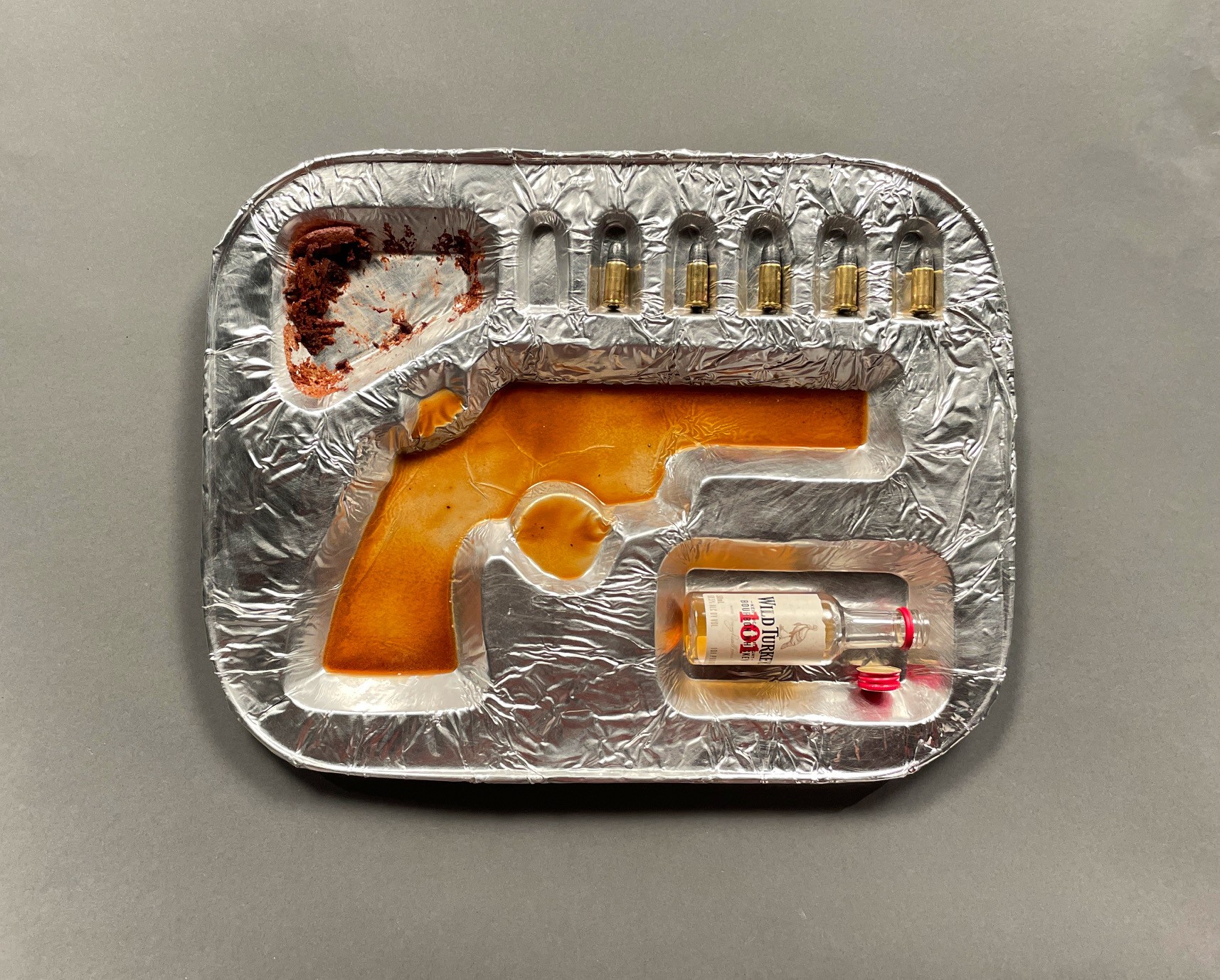
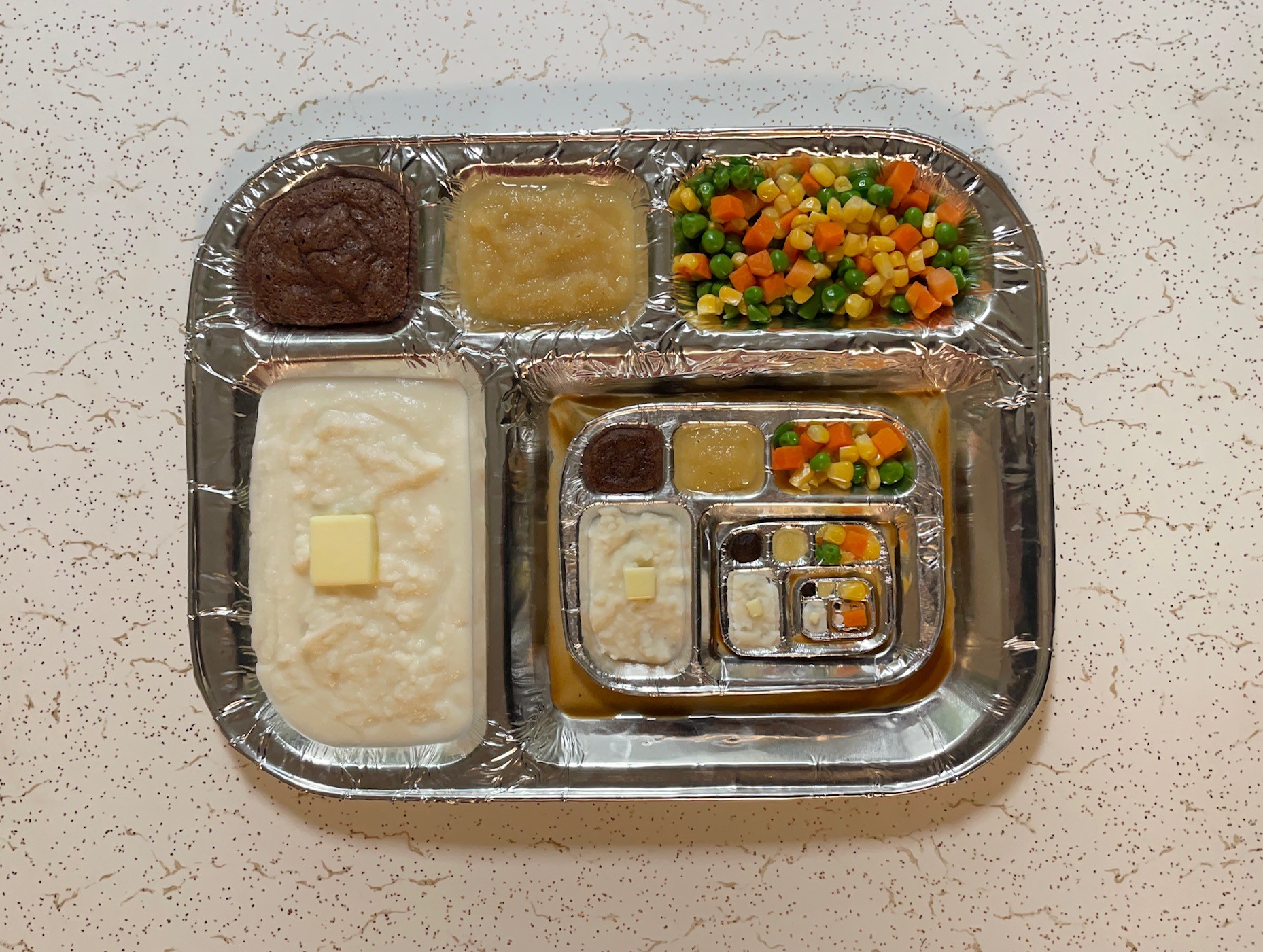
Keith, love having you share your insights with us. Before we ask you more questions, maybe you can take a moment to introduce yourself to our readers who might have missed our earlier conversations?
I grew up in a small town with limited exposure to traditional art programs. Film was always an important part of childhood and my social group…..but growing up pre-internet you just had no information about how to do anything related to making special effects. It just seemed like magic. Looking back I was always taking things apart to understand how they worked but more importantly…turn them into something else. I really didn’t understand what art/sculpture was or that I was doing it. My parents were extremely supportive but really didn’t know what the hell to do with me. It wasn’t until I found Theater/set design that it clicked for me that you could convey an idea or a thought using a static object/architecture that would complement a human performance. I love doing this with my art. You can leave just enough information in a sculpture or a wearable piece of jewelry that the audience can follow some breadcrumbs and create a path or story that is so much more complex and personal than anything I could make.
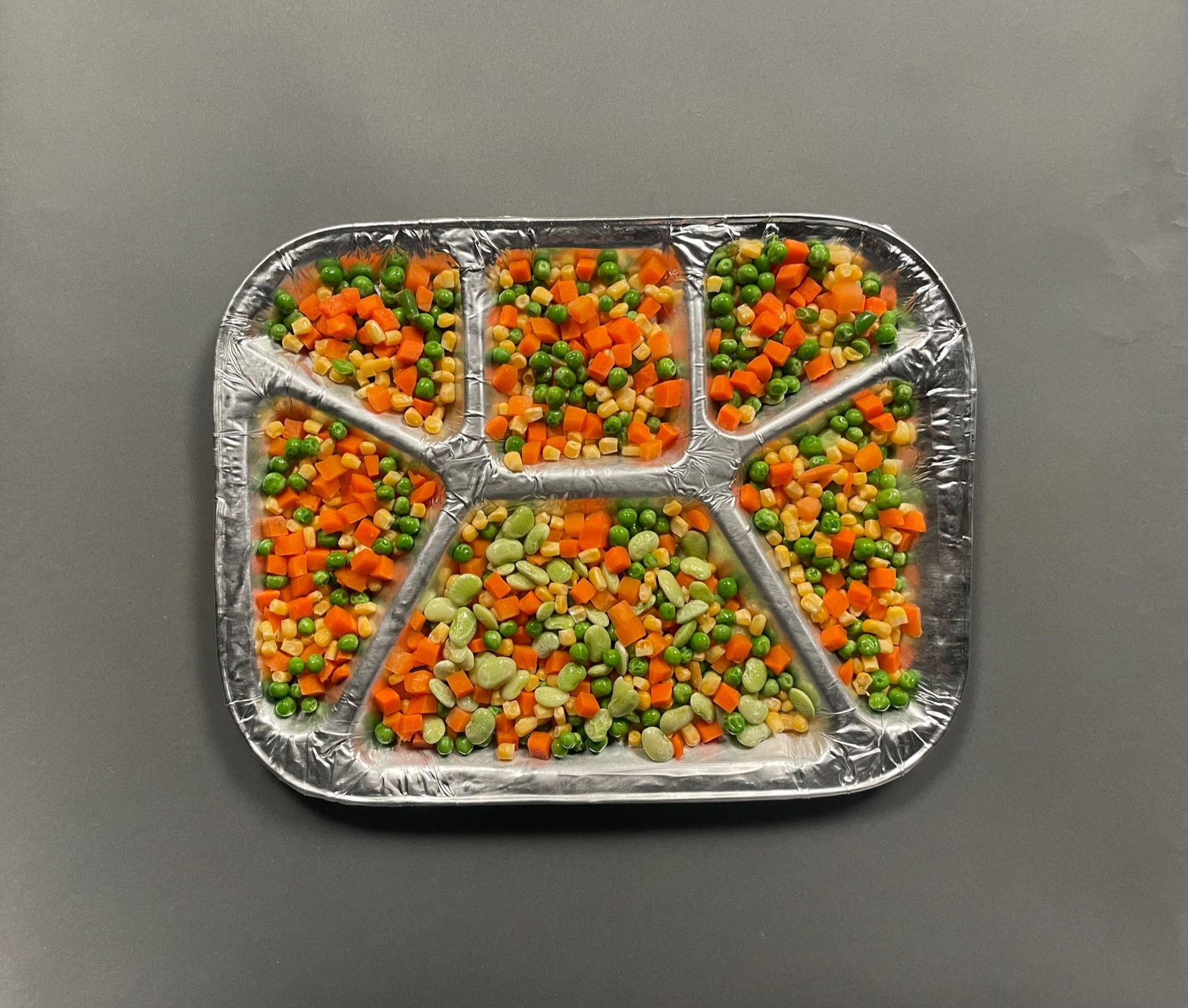
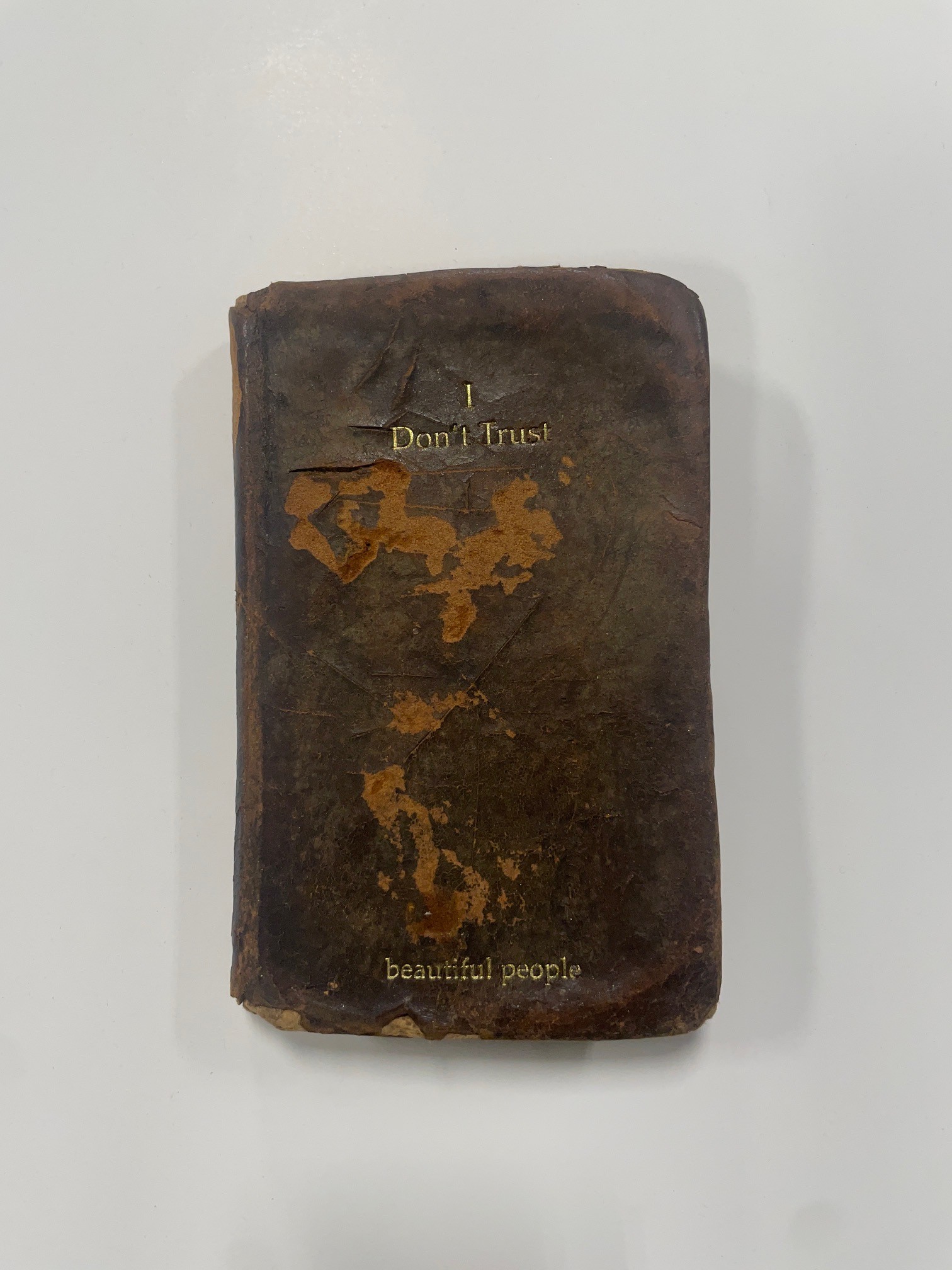
What’s the most rewarding aspect of being a creative in your experience?
Interestingly one of the struggles I had as a kid (lack of creative information pertaining to art) is something that continues for me in my professional job. I work for a Film studio making stop motion features and we constantly are faced with problems that no one has ever had. I can’t just look up a solution on the internet because it’s so unusual. It’s a simultaneously terrifying and exhilarating problem to have. It uses all those old theater skills, gathering up a group of people, talking through ideas, collaboration, failing the first time then starting over. It’s never easy and I love the journey. I find it similar and fantastic practice for my personal art as well. It’s easy for artists to get frustrated or hit a creative wall and just give up. There is nothing better than to push through that cave until something clicks or falls in place and you can almost fall downhill to the finish.

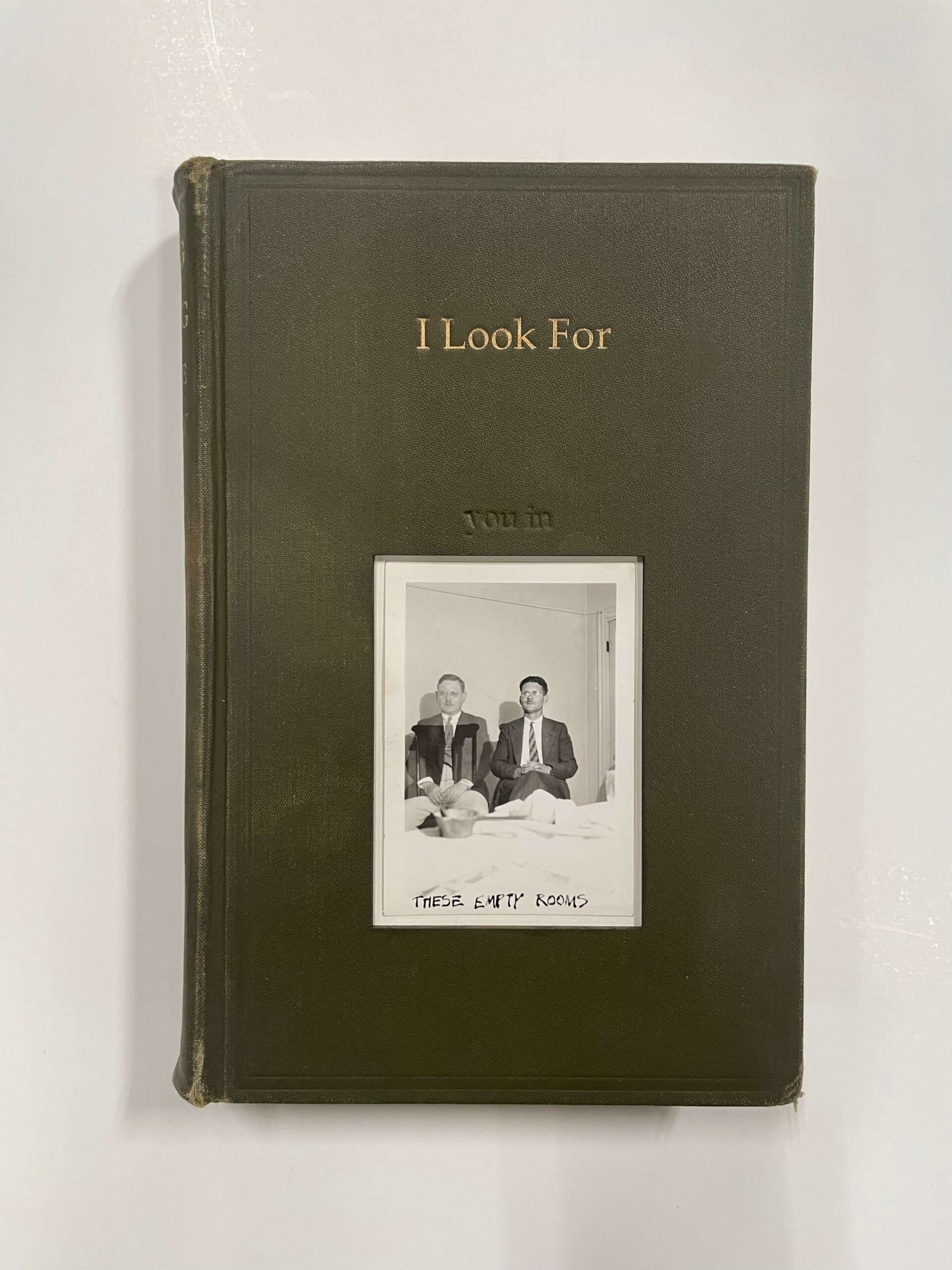
How about pivoting – can you share the story of a time you’ve had to pivot?
One of the worst habits I developed after art school was modifying my creative tastes and making art work that I thought would “appeal” to the market. It took a gallery show that I committed to 9 months before a huge economic downturn for me to learn an important lesson. I realized I had a 0.0 chance to sell anything so I just spent my time making work that was interesting and challenging to me with no expectations that anyone would be interested. It was extremely fun and rewarding to remove all financial pressure during my creative process. I ended up selling almost everything. I’ve tried to continue this approach with my personal art work ever since.
You can see the social media algorithms do something similar today. Posts and work that seem to get more likes and reposts will be promoted over other items. It’s easy to get caught up into catering to what “seems” to get you more attention but might not be the thing that is actually satisfying you creatively. I have to believe that staying true to yourself will work out in the long run.

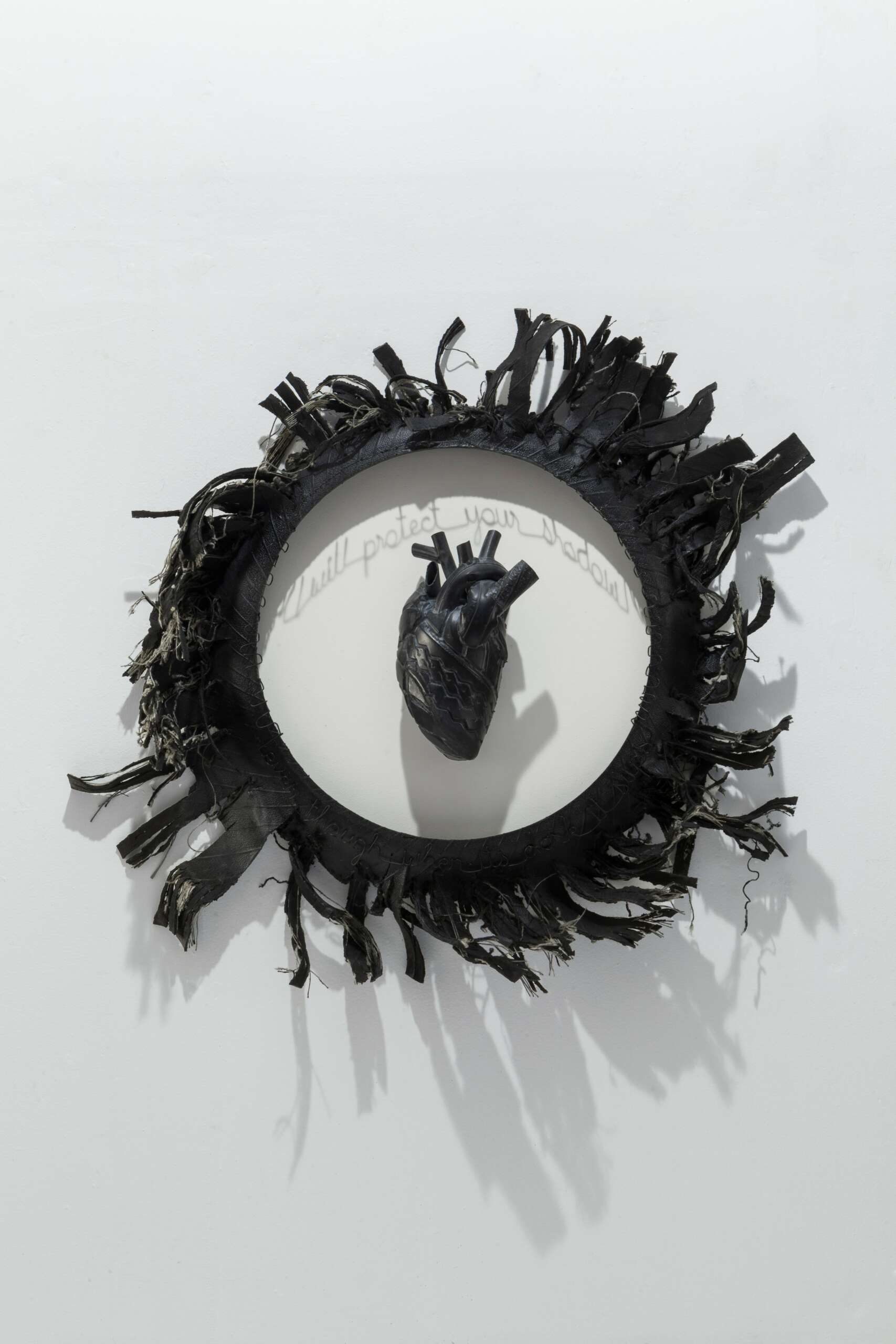
Contact Info:
- Website: keithmcqueen.com
- Instagram: https://www.instagram.com/wolfman/


